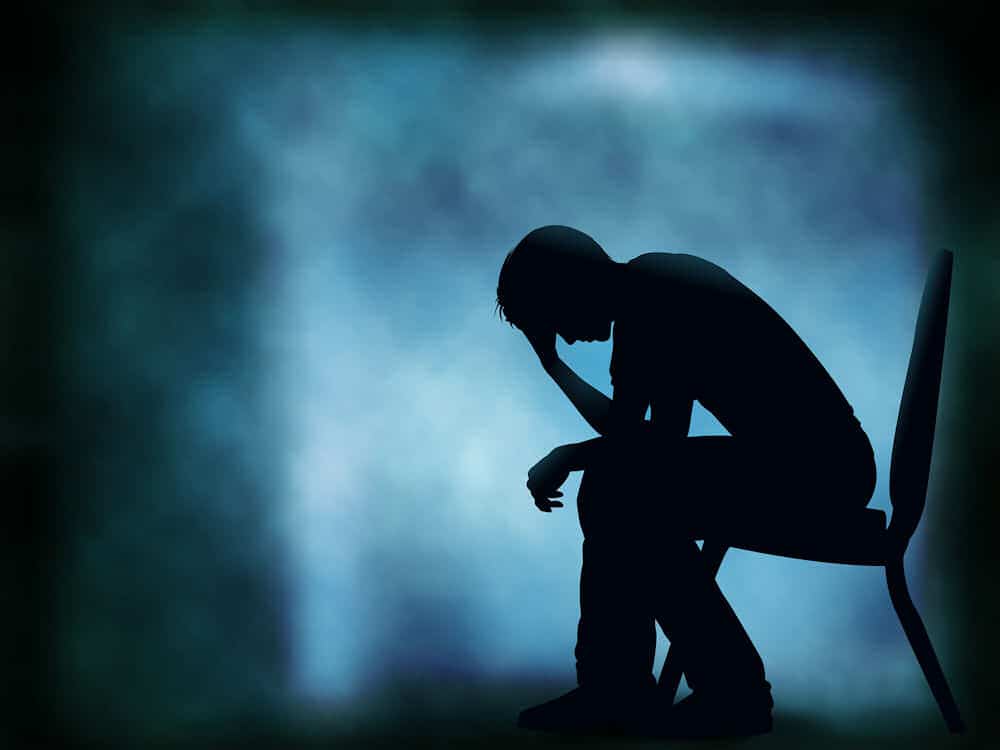Table of Contents
ToggleHow Relapses and Holidays Are Connected
The holidays – widely known as “the most wonderful time of the year” – can easily become the most triggering and overwhelming time of the year when stress levels are not effectively managed. The holiday season is stressful for a wide range of reasons. Most of us grapple with financial stressors, social pressure, perfectionism, and family dysfunction. This year, holiday-related stressors will be more intense than ever before, what with the persistence of the COVID-19 pandemic.
We will have to deal with a unique set of stressors, including social isolation, the fear of the unknown, and stress-related to traveling among large groups of people that we don’t know or trust. We might want to simply stay home, curl up into a ball, and wait out the holidays from the comfort of our couches. 2020 has been quite a year already, and traveling home for the holidays or attending any holiday-related social events might seem like nothing more than tempting fate. How do we navigate this unprecedented time while keeping our recovery intact? We have compiled a list of several helpful tips – and remember, prioritizing your recovery is always of the utmost importance. If you don’t feel comfortable doing something, or you feel like it may compromise the integrity of your sobriety, you have every right to stay home and stay safe.
Are Relapse Rates Higher Over the Holidays?
Rates of relapse are higher over the holiday season – which truly comes as no surprise, considering the increased stress levels and the constant demand to perform. The readmission rate of past patients generally stays consistent at around 25 percent. Over the holiday season (beginning with Thanksgiving), however, this rate jumps to over 60 percent – suggesting an overall increase that concludes sometime after New Year’s Eve. There are numerous reasons why relapse rates increase this time of year, including:
- Financial strain. Not only are many of us forced to take vacation time, but we also feel pressured to give the perfect gift to our loved ones, host holiday-themed parties, and dinners, and generally spend more than we otherwise would.
- Seasonal depression and the “holiday blues.” If we live in a colder climate we might be faced with seasonal depression – also known as seasonal affective disorder (SAD). Symptoms associated with SAD (which include excessive sleeping, lack of energy, overeating and weight gain, social isolation, and depressed mood) often lead to self-medication.
- Family dysfunction and interpersonal conflicts. Well some of us look forward to returning home for the holidays, some of us dread returning to an environment that will undeniably bring long-lasting family conflict and unrelenting resentments to the surface.
Staying Sober This Holiday Season
There are several steps you can take to ensure that your sobriety is protected this holiday season, including the following:
- Remember to prioritize your recovery, and if you feel that an event or circumstance might compromise your ability to stay sober – avoid it altogether!
- Set and maintain healthy personal boundaries, remembering that “no” is a complete sentence. Don’t be afraid to hurt feelings or upset others – it is important that during this time of year (especially), you do what you need to do to take care of yourself.
- Keep up with your program of addiction recovery. Don’t skip out on meetings, miss therapy appointments, or postpone your daily prayer and meditation. Do what you need to do to stay on track!
- Stay in touch with your sober support system. Make sure you’re checking in with your sponsor daily and giving other members of your support system a call regularly – they need it as much as you do!
Agape Treatment Center – Give the Gift of Sobriety
There is truly no better gift to give yourself or your loved ones than the gift of lasting recovery. Agape Treatment Center is staying open through the COVID-19 pandemic and the holiday season – not only are we considered an essential business, but we know that the holiday season can easily lead to an increase in substance abuse. For more information on our recovery program, or to begin your journey of long-term healing (or to give the gift of recovery to someone you love), reach out to us today.







